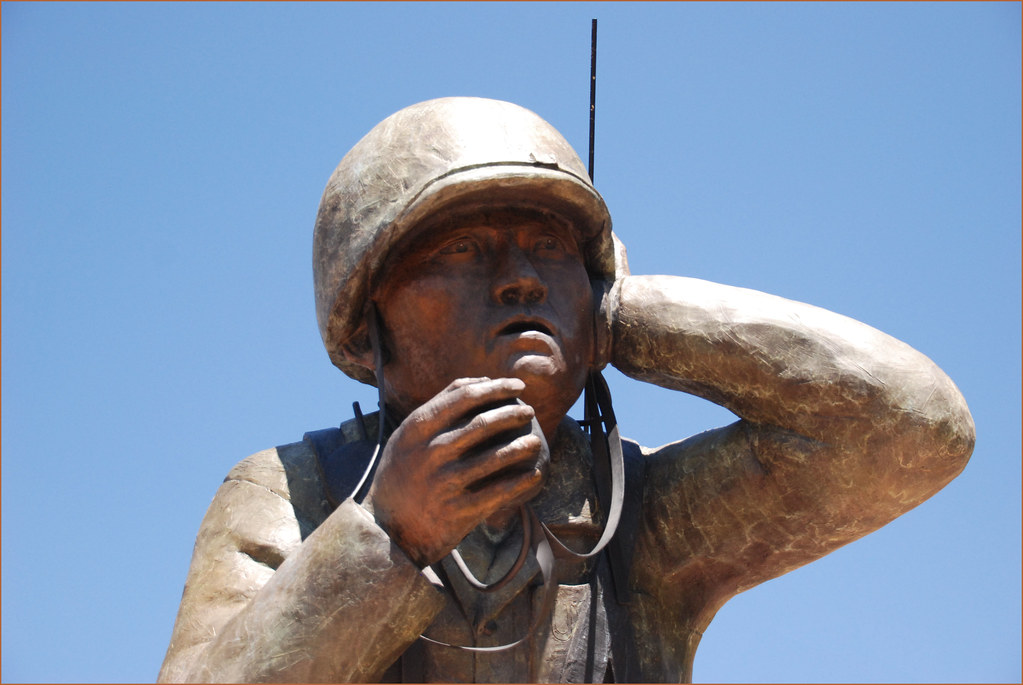I believe that we have the right to have our online identities protected from unauthorized viewers.

From a simple example, I began to care about our cyber security.
In my Information Systems class this semester, we had a unit that covered cyber security. The assignment was to choose a partner from class and use social media to find every possible piece of information you could to exploit them. Things such as Name, Age, Birthday, Hobbies.
Just from my pictures found on facebook who do you think who I am? I graduated highschool, I studied at BYU, I served a LDS mission and I am now married. (For more information on perceptions of your identities online, please visit Katelyn Dalton's post of Tracking our Digital Footprints)
I realized that my identity online was so transparent that hacking and intrusion into my personal accounts would cause irreparable damage.
Our Need for Security
We all understand the need for physical protection. Cavemen protected themselves with clubs and kings and queens built motes around their castles. One of the most iconic examples of physical protection is by Emperor Qin Shi Huang in the 3rd Centruy B.C. when he guilt a network of walls around the boarders of China. His purpose was was to prevent and protect his people from nomadic invasion. This wall still stands as the Great Wall of China.
Today, we are becoming aware of the need for information security like the need for physical security. The United States recognized this need during its most crucial invasion of information security, World War I. The U.S., no matter what they attempted to do could not prevent the Japanese from hacking into their systems and decoding all of their plans. With the inability to protect their information, the U.S. turned to the Navajo Native American's for help. The unique Navajo language could not be cracked by the Japanese which allowed the U.S. to transmit the information needed to ultimately end the war.
 |
| Navajo Code Talker Memorial |
I grew up on the Navajo Reservation in Southern Utah and heard from first accounts the benefit that the Navajo people were able to provide for the U.S. Thanks to them providing the security we need, we live in the country we have today.
In 2016, it could officially be said that our online identities are just as important to maintain as our physical identities.We store all of our information online. We text our friends, we skype our family, we scan the web. Technology and digital communication is a part of who we are. Analyzing Maslow's hierarchy of needs, we see that belonging, esteem and self-actualization all contribute to these behaviors. Some might argue that we are losing our identities and not creating them through these social media platforms. (For more information on losing our identities, please visit Kotahi Tarawhiti's post)
Through our fulfillment of our needs we freely give away sensitive information. There needs to be restriction so that private information is not circulated online.
Privacy Does Not Just Affect You
"It’s not unlike public health. One of the reasons health officials urge almost everyone to get a flu shot is because people who are infected are more likely to infect others. And the same is true for cyber security. Infected devices have a way of infecting other devices and compromised systems can make everyone vulnerable. So your cyber hygiene isn’t just about protecting you, it’s about protecting all of us." -Forbes Magazine Why Cyber Security Matters to Everyone.
After the devastating attack on 9/11, online security was considered a governmental priority and the NSA dug into citizens private information with intentions to find terrorists.
However, nearly a decade after the attack the NSA continued to extract information from citizens of the United States, Edward Snowden was an employee for the NSA, located in Hawaii when he discovered this invasion of privacy. Infuriated with the disregard of the rights of privacy, Edward Snowden posted the NSA's secret plans on the internet and fled to Russia to escape.
Watch here as Edward Snowden explains his decision
to share the information about the NSA
Edward Snowden's actions revealed how privacy does not just affect you but affects everyone. We all must be careful of what we post online because it can be used to potentially hurt and harm others. Whether Edward's motivation was ethical or not he did however bring the Congress to react to the problem. According to the article "Reigning in the NSA" by The New York Review, we see the reaction of Congress and how they repaired the damage by the NSA and Snowden.
Conclusion
From the exercise in my Information Systems class, my partner gave me some tips on how to make myself more secure online. I followed her advice and am now practicing safe online practices. However these skills and knowledge of how to protect yourself online is not common knowledge. I encourage everyone to become educated on the subject of cyber security. To begin your research you can click here for 7 tips for Cyber Security.
Discover how secure you are online by doing the same exercise that I did from my class. Ask someone you know to scan your profiles and see what they can find. As is stated in this short little ending video, I encourage you to go online and see what you can do to become more digitally secure. In the simplest terms for our own protection, I believe that we have the right to have our online identities protected from all unauthorized viewers.
No comments:
Post a Comment